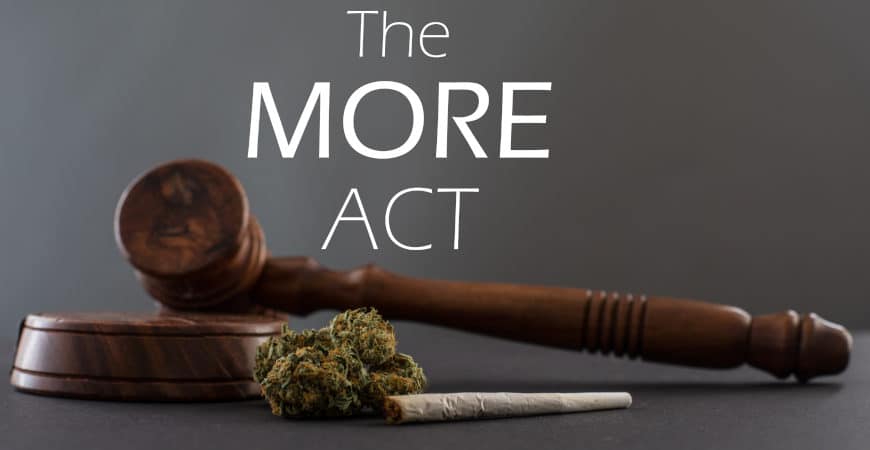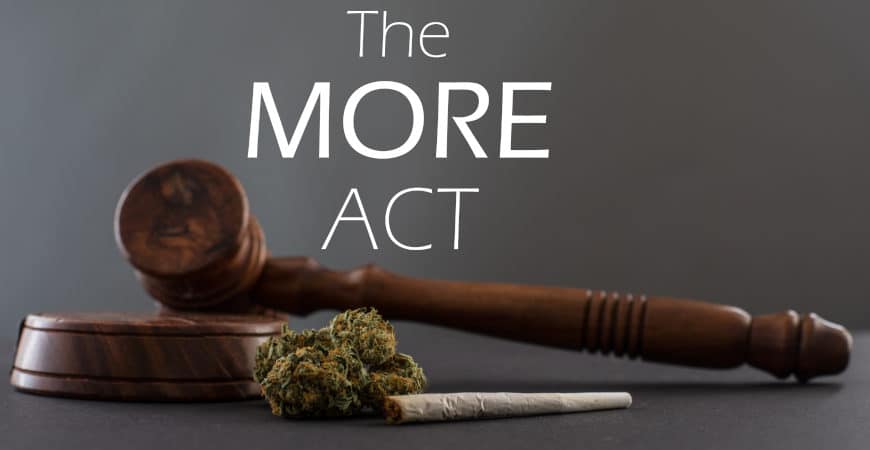
It is outside the routine to hear an interest group publicly claim it drafted legislation that has been passed on the floor of the United States House of Representatives. An interest group may let it be known that it worked with the sponsoring representative on preparing legislation or that the sponsoring House member drafted legislation in part due to the organization’s request. But, an organization publicly declaring it drafted legislation approved on the House floor is a bigger and less usual claim.
Yet, that is the claim the Drug Policy Alliance (DPA) made Thursday in a Twitter post in regard to the Marijuana Opportunity Reinvestment and Expungement Act (the MORE Act) that was approved on the House floor in December. The MORE Act was a bill providing for countrywide legalization of marijuana that also, as I noted in an October article, was “virtually Democrats-only legislation” due to its “inclusion of race-based provisions and marijuana business subsidies.” You can read that article and find links to other articles I have written regarding the MORE Act here.
In its tweet, DPA states, “In December 2020, the House of Representatives passed the historic MORE Act, the federal marijuana decriminalization bill that DPA drafted.” The tweet also contains a graphic that reiterates the MORE Act approved on the House floor was “[d]rafted by DPA.”
Rep. Jerry Nadler (D-NY) was the sponsor of the MORE Act.

